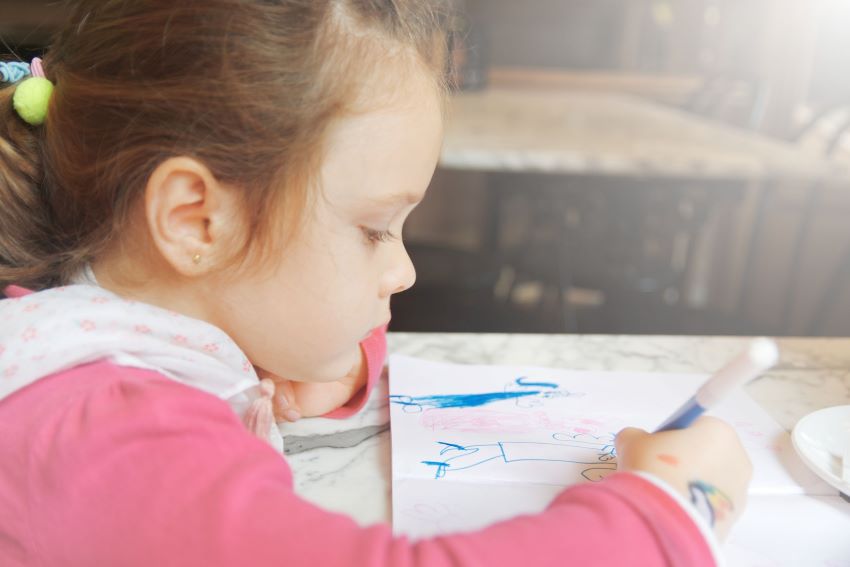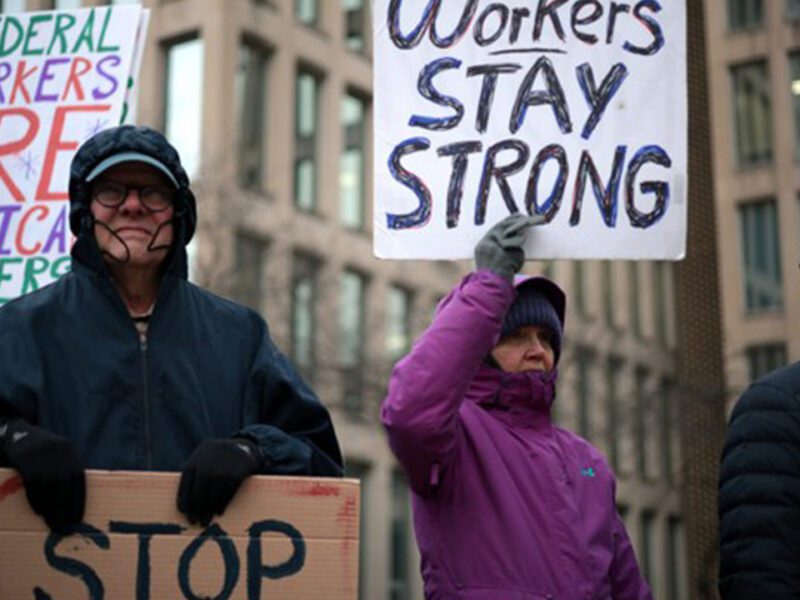How Palm Beach County will ‘attract families to our schools’ as Florida expands voucher program
South Florida Sun-Sentinel | By Lisa J. Huriash | March 29, 2023
Palm Beach County’s school district is so concerned about keeping students from preferring private schools that it is starting a marketing blitz aimed at the families of the youngest students who haven’t even started yet: The graduating class of 2036.
“Competition is not entirely new to us but now it’s more important than ever,” Michael Burke, the district’s superintendent, said Wednesday. “Investing in some marketing is a worthwhile endeavor. If we get students to join us for kindergarten, hopefully they’ll stay with us their whole academic career, K-12.”
This week, the recruitment began with television ads and radio spots to get the message out to parents of incoming kindergartners that the schools are open to them to show off during tours and orientation. And to be more attractive to the younger parents, the district is offering online registration that can be done on a phone for the first time, although old-fashioned paper and pencil will be accommodated as well.
The state has long offered private-school vouchers to lower-income families, and charter schools have been a formidable alternative to traditional public schools for 20 years. But now, after Gov. Ron DeSantis signed a state voucher program into law this week — which would allow parents, regardless of income, to use tax dollars to send their children to private schools — the stakes become immediately higher.
The new state law allows all of the state’s 2.9 million students to become eligible to receive vouchers and eliminates current income-eligibility requirements if they left public schools. Those already homeschooled or in private school could seek the money, too.
Advocates for the new law say all parents deserve state funding to help pay for whatever education they deem best for their children, especially since those parents also pay taxes that support public schools their children do not attend.
Opponents say the price tag — estimates range from $210 million to $4 billion in the first year — will devastate public schools, which educate about 87% of Florida’s students. The Florida Education Association, which represents the state’s teachers, argued the vouchers will benefit wealthy people who can afford to send their children to private schools, saying in a statement that “average Floridians will be helping pay for millionaires and billionaires to send their kids to elite private schools.”
Not that Burke didn’t speak up about his opposition to the legislation. He made the trek to Tallahassee at the start of the legislative session to lobby as many lawmakers as he could.
“Everyone was very polite and heard me out but … I had the sense this was a priority for the leadership and that’s very important and it aligns with the governor’s priorities,” he said. “I realized right away there was no stopping this legislation. It was going to pass. I tried … to share concerns what this might do to our funding.”
He said the district receives $8,765.78 for each student through the Florida Education Finance Program, which funds public schools.
Burke said it’s not yet clear the exact impact on public school funding as dollars are diverted elsewhere because the money to fund vouchers will not come from “new money,” but rather existing dollars for education.
“By bringing those students into our funding formula, I expect it to diminish the resources to our existing public school students,” Burke said as there is a “thinner spread of the dollars available.”
“The true impact will not be known for a few years,” he said.
He added, “We’re going to try to work hard to minimize the impact. That’s our way through this, is to do good work and attract families to our schools.”
He said the district receives $8,765.78 for each student through the Florida Education Finance Program, which funds public schools.
The Palm Beach County School District is the tenth-largest district in the nation and the fifth largest in Florida, with more than 189,000 students in both charter schools and traditional public schools. Of those, 166,000 are in traditional public schools. Two new schools are opening next year: a middle and a high school.
He has points he wants to hammer home to parents: “We’re A-rated, we have a 92.8% graduation rate, our motto is ‘Palm Beach schools are your best choice.’… Our principals hold advanced degrees in education leadership.”
“We’re going to have to live up to that to continue to retain our students and recruit new ones,” he said, saying the budget for marketing will be “modest” and not pulled from school funding.
He said he’s trying to attract new dollars for marketing campaigns by leasing facilities and from legal settlements including e-cigarette manufacturer JUUL Labs Inc. as a result of joining a national lawsuit brought by more than 1,400 government agencies.
The Palm Beach Post reported this month that the settlement will likely result in more than $10 million for Palm Beach County schools over the next five years, according to district staff.
The school district sued the company in 2019 in an attempt to recoup resources it spent to create a night class for students suspended for vaping, revise the student conduct code to prohibit e-cigarette use and conduct town hall meetings to alert parents to the danger vaping poses, according to reports.






